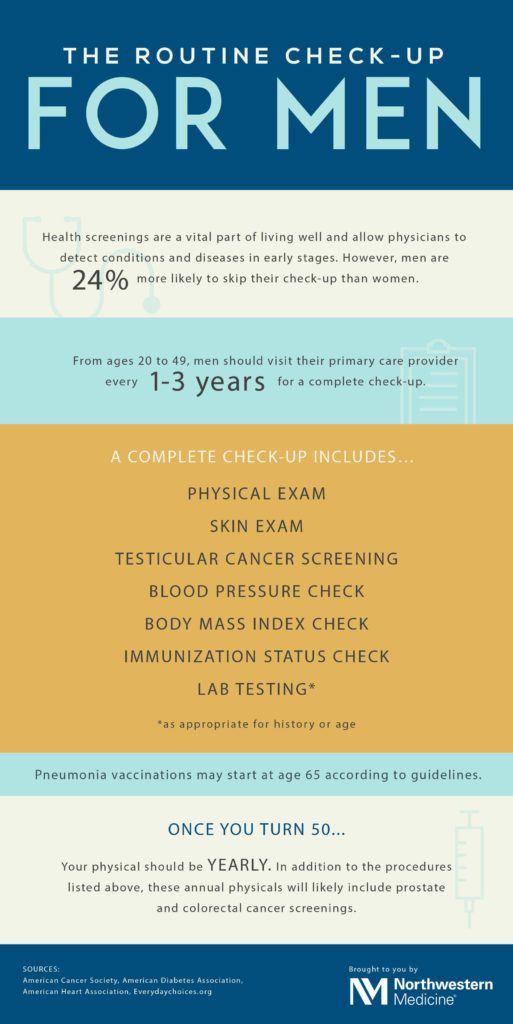Decades ago, scientists were worried out outbreaks and diseases that resulted due to infections from harmful pathogens. Their dedicated efforts lead to the discovery of vaccinations, medications, and antibiotics that helped eradicate a majority of such diseases. Eventually, the mortality rate associated with the outbreak of such diseases fell down.
The human lifestyle evolved tremendously in the years that followed. The physical activity levels of modern humans, however, has been declining since then. Most of the people now are stuck in their sedentary jobs and hardly have any time to exercise, go to a gym, or simply take a stroll.
This has given way to a new set of equally disastrous conditions such as diabetes, hypertension, and cardiovascular disorders. Obesity is one factor that is directly associated with the manifestation of such disorders. The management of such conditions is much more difficult than managing the epidemics of the past. This is because there are often no symptoms associated with such complications that are often a by-product of our affluent lifestyle. These lethal diseases are, therefore, considered as “silent.”

Explore Our Certified Multispecialty Hospitals
Explore Hospitals
Even if an individual experiences specific symptoms, the condition is often diagnosed at a late stage when the damage has already been done. This is where the role of preventive health checkups and screening tests come into play.
The objective of this article is to highlight the importance of preventive health checkup for people from all walks of life, including women, men, and children. Additionally, it lists and explains some of the basic cancer screening tests and other health checkups that one must undergo after a certain age.
Importance of Preventive Health Checkups and Screening Tests

How healthy we are and tend to remain depends on several factors. While genetics and accidental damage play a definite role in it, our daily lifestyle, jobs, and eating habits are the leading factors that impact our health.
Unhealthy lifestyle puts us at an increased risk of several conditions. We all know that we need to incorporate exercising and other types of physical activity into our daily routine. However, we still do not do anything about it. This is why it becomes all the more necessary to undergo a preventive health checkup regularly to keep vital parameters such as blood pressure, blood glucose levels, and body fat percentage in check.
Other than identifying the problem before it manifests itself, preventive health checkups help people in several other ways. One of the leading benefits is a sense of security.
Consider a person with a family history of diabetes and high blood pressure due to chronic kidney disease. Such individuals are constantly worried about them being affected by the same conditions at some point of time in life. Undergoing screening tests once a year instills such people with a sense of security as they are assured of the fact that if there is something, they will know it before the damage occurs.
To be able to live a healthy and longer life, one must undergo the right tests at the right time and seek the correct treatment from an experienced professional. Preventive health checkups help people identify the problem in the initial stages.

Looking for Prices? Get Comprehensive Health Packages
Talk to Our Healthcare Experts
Benefits of Preventive Health Checkup
The benefits of undergoing preventive health checkup and screening tests can be categorized into the following sections three categories:
|
Physical Benefits
|
Emotional Benefits
|
Financial Benefits
|
- Correct status of the health
- Identification of potential risk factors, disease, or condition
- Detection of diseases in its earliest phase
- Detection of secondary infections
- Reduction in physical suffering
- Proper and timely counseling of the patient
|
- Reduction in mental stress through timely detection
- Improved sense of security
- Prevents emotional trauma
|
- Cheaper than hospital bills for actual treatment
- Health checkups save expenses pertaining to chronic disease management
- No financial loss due to absence from work
- Possible tax savings
|
Preventive Screening For Women Over 40
- Breast cancer examination: Ultrasound of the breast and mammography
- Cervical cancer screening: Pap smear and ultrasound of the pelvis
- Skin cancer screening
- Pelvic exam: Examination of the organs in the pelvis
- Osteoporosis screening: One mineral density test
- Thyroid screening: Thyroid function test, TSH, and T4
- Nutritional Profile (Iron studies, serum calcium, and vitamin D3)
Preventive Screening For Men Over 40

- Prostate cancer screening: Prostate-specific antigen (PSA test), digital rectal examination (DRE), and ultrasound (KUB)
- Testicular cancer screening: Regular self-exam starting at puberty to identify changes in testicles for early detection
- Colon cancer screening: Coloscopy and flexible sigmoidoscopy (once in every 10 years) and stool test
General Preventive Checks For Both Men and Women Aged Above 30
- Full body checkup
- Blood pressure monitoring
- Blood sugar levels
- Urinalysis
- Dental examination
- Eye examination
- Cholesterol screening
Important Immunizations
| Vaccine |
When to get it? |
| Influenza |
Annually starting at the age of 6 months |
| Hepatitis A |
Administered in two doses at a gap of 6 to 18 months in children aged 1 or adults at risk |
| Hepatitis B |
Administered to children at the time of birth and then after 1 and 6 months or to unvaccinated children and adults who at risk |
| Pneumonia |
At age 65 and above |
| Tetanus |
Every 10 years since childhood |
General Guidelines For Preventive Health Checkups and Cancer Screening
#1:
Undergoing relevant cancer screening tests is recommended but the final decision lies with an individual. However, it is non-negotiable for individuals with a family history of cancer. For example, men with a family history of prostate or colorectal cancer must undergo screening once they reach 40.
#2:
Undergoing screening tests for factors that are directly related to an increased risk of heart diseases is non-negotiable for people with a history of heart diseases. These include blood pressure monitoring, diabetes screening, and cholesterol screening. Also, people who smoke or have had kidney-related troubles in the past must take these tests.
#3:
As a general rule, every individual aged above 18 must undergo a physical examination and preventive health screening every 2 to 3 years. This is simply to assess the problems that may arise in the future and get vaccinations if needed. Additionally, the doctor may advise lifestyle changes that you must bring to maintain sound health.
#4:
Individuals who are at risk of osteoporosis due to long-term steroid use, excessive alcohol use, a habit of smoking, and low body weight, must undergo its screening regularly. It is non-negotiable for people with a family history of osteoporosis and those who experience a fracture after 50 years of age.

Could Not Find What You are Looking For
We Can Help




